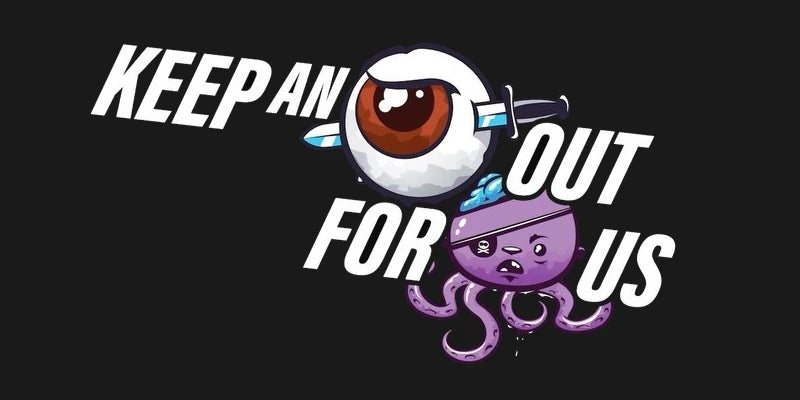

-
SHOP
![]()
 Australian Made
Australian Made
 Athletes Choice
Athletes Choice
 Free Shipping On
Free Shipping On
All Domestic Orders
- KAMIKAZE ENERGY
- BUNDLES
- SHOP
- KAMIKAZE ENERGY
- BUNDLES
- JOIN THE TEAM
SHOP
 Australian Made
Australian Made Athletes Choice
Athletes Choice Free Shipping On
Free Shipping OnAll Domestic Orders


